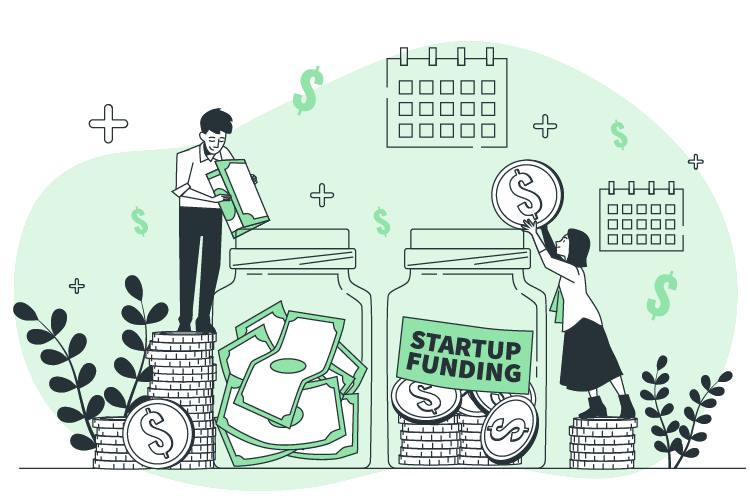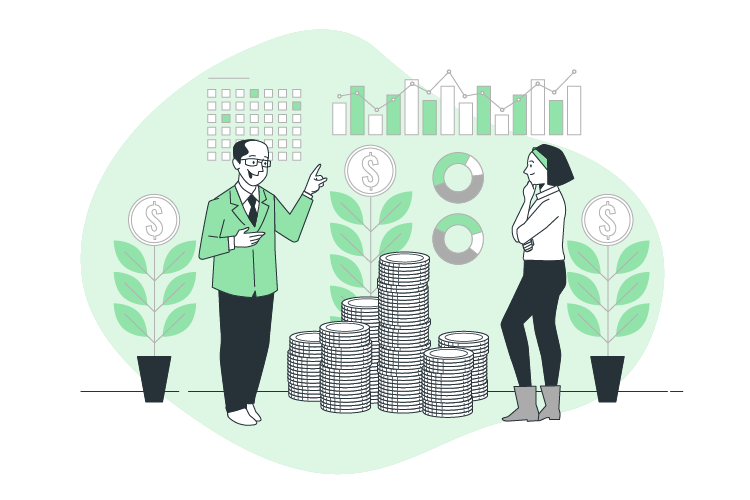Projects
Let’s Build A Better Family For A Better Future

1. Building women legacy City
Universal Palm Tree Women plan to build a women’s legacy to establish a worldwide women’s legacy. A city of women, for women and by women, this is to restore the dignity of woman and renew her lost image.

2. Establishing a Palm Tree Refinery
Establishing a palm refinery can be a transformative step toward economic development and sustainability. A refinery focuses on processing palm products such as oil, fiber and other derivatives into valuable commodities.
Benefits of a Palm Tree Refinery
Economic Growth: A refinery can boost local economies by creating jobs and increasing the value of raw palm products.
Sustainability: By adopting eco-friendly practices, refineries can contribute to sustainable development and reduce environmental impacts.
Community Empowerment: Collaborating with local farmers and stakeholders fosters economic independence and community resilience.

3. mobilization, awareness, training and empowering women and young people
Mobilize, educate, train and empower women and youth to practice responsible organic agriculture to protect climate and environmental systems.


5. Training of Suppliers
Training suppliers of organic agricultural products is essential to promoting sustainable agricultural practices and ensuring the consistent quality of organic products. Such training programs not only increase productivity, but also enable suppliers to meet the growing demand for organic products in global markets.
Benefits of Training Suppliers
Improved Yield and Quality: Training equips suppliers with the skills needed to produce higher yields of premium-quality organic products.
Market Access: Educated suppliers can better meet the requirements of domestic and international markets, expanding their reach and profitability.
Environmental Benefits: Sustainable practices reduce the environmental footprint of agriculture, preserving natural resources for future generations.
Empowered Communities: Training initiatives often involve local communities, fostering economic growth and social development.

6. Training due to human traffic and modern slavery
Anti-trafficking and modern slavery training programs are critical to fostering safer and more just communities. These initiatives focus on equipping individuals and organizations with the knowledge and tools necessary to identify, prevent, and respond to exploitative practices.
Key Components of Anti-Trafficking Training
Raising Awareness: Participants learn to recognize the signs of human trafficking and modern slavery, including deceptive recruitment practices and exploitative working conditions.
Legal Education: Training covers national and international laws regarding human trafficking, empowering participants to take legal action and seek justice for victims.
Victim Support: Emphasis is placed on providing psychological and material support to survivors, helping them reintegrate into society and rebuild their lives.
Collaboration and Networking: Trainees are encouraged to collaborate with law enforcement, NGOs, and community organizations to create a united front against trafficking.
Ethical Recruitment Practices: Employers and recruiters are trained to adopt transparent and fair hiring practices to prevent exploitation.
Impact of Anti-Trafficking Training
Improved Detection: Communities become more vigilant in identifying and reporting trafficking cases, leading to faster intervention.
Enhanced Protection: Survivors receive comprehensive support, enabling them to recover and regain their independence.
Stronger Legal Frameworks: Training contributes to the development and enforcement of policies that combat trafficking and protect vulnerable populations.
Empowered Stakeholders: Employers, community leaders, and citizens play an active role in eradicating exploitation and promoting human rights.
Success Stories and Global Initiatives
Anti-trafficking training programs have led to significant achievements worldwide. In Southeast Asia, such initiatives have resulted in the rescue of hundreds of victims and the prosecution of traffickers. Similarly, in Africa, grassroots campaigns have empowered communities to take a stand against exploitation, creating safer environments for all.
Our Impact
Our team, volunteers, and partners are critical in driving our mission of stimulating economic growth and improving livelihoods by cultivating entrepreneurship.
YOUR CONTRIBUTION MATTER
Economic development: Promote inclusive, sustainable growth with decent work for all. Empower women through agricultural and entrepreneurial projects, revitalize the palm industry, and establish the first global palm city. Position the DRC as a hub for education, tourism, food and tax havens, and restore women’s world heritage.




